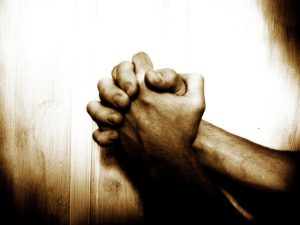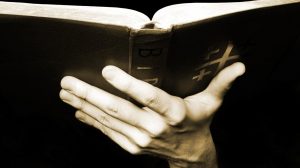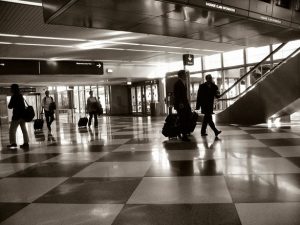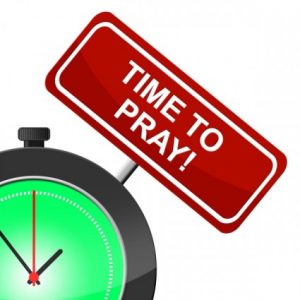The question of religious liberties in schools is being pushed to the limits with a recent case out of the state of  Washington. A former assistant coach at high school just outside of Seattle lost his job after he was asked to stop praying after football games on the field and he refused. He is now seeking help from the Supreme Court to overturn the 9th Circuit Court of Appeals‘s rejection of his appeal earlier this year. Plaintiff claims his religious and personal rights have been infringed upon by the district, according to Seattle Times.
Washington. A former assistant coach at high school just outside of Seattle lost his job after he was asked to stop praying after football games on the field and he refused. He is now seeking help from the Supreme Court to overturn the 9th Circuit Court of Appeals‘s rejection of his appeal earlier this year. Plaintiff claims his religious and personal rights have been infringed upon by the district, according to Seattle Times.
The question boils down to where the line is for the personal rights of school employees when in the presence of students. It is well known that in public schools, school-sponsored prayer is not allowed, nor is the teaching of a religion. This would be a violation of the First Amendment of the U.S. Constitution, which prevents the passage of any law that would establish a religion. Schools are funded by tax dollars, making school employees government workers who are accountable to holding up constitutional liberties. Teaching about religions in general and their place in history is allowed. It is less clear, however, the ways in which public servants, including teachers, are allowed to express their personal religious beliefs.
The Supreme Court has addressed prayer in schools many times over. In 1962, the historic case of Engel v. Vitale arose when parents objected to prayer recitation at the beginning of the school day, even though it was voluntary. The court determined such a practice was unconstitutional because a state official was deciding on a religious message to share with students and encouraging its recitation. In 2000, the court ruled 6-3 in Santa Fe Independent School District v. Doe that prayer before a football game, even if led by students, was still the imposition of a religion at a school event in such a way that students who do not practice that religion would feel coerced into participation as a result of social pressures. Where, then, is the line between personal free speech and the enactment of a certain religion when it comes to students and teachers?
Continue Reading ›

 Orange County Employment Lawyers Blog
Orange County Employment Lawyers Blog







